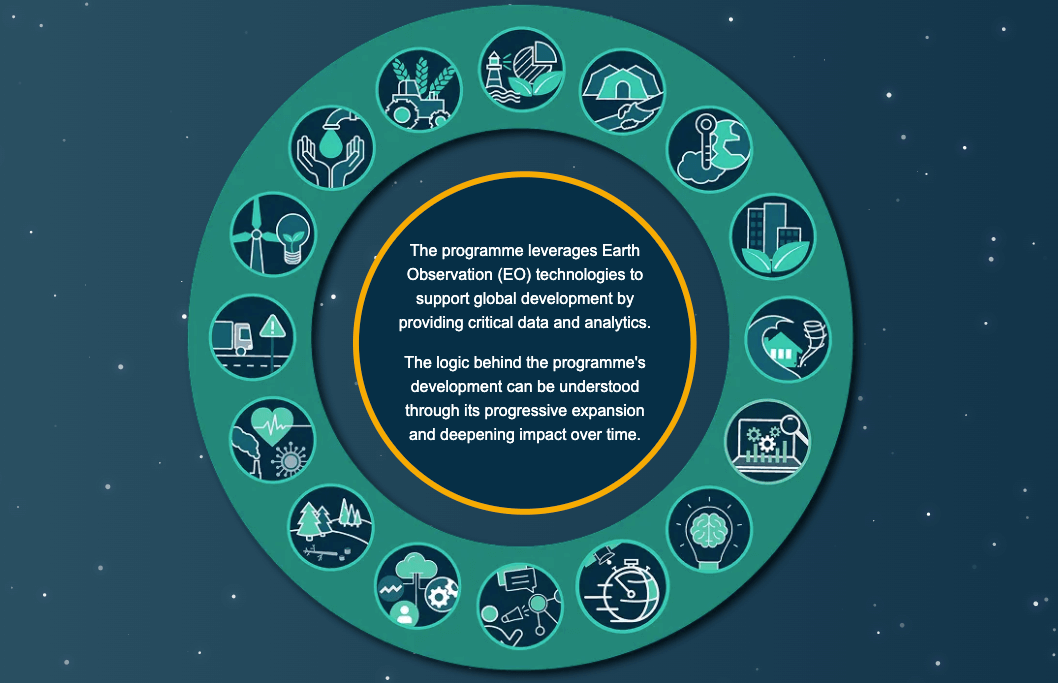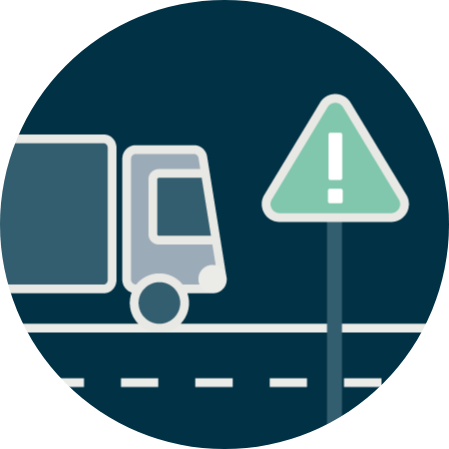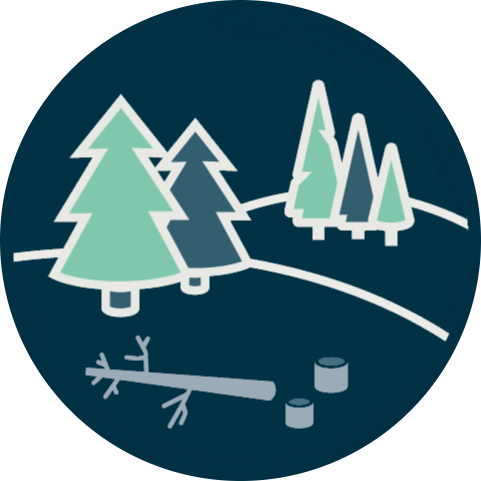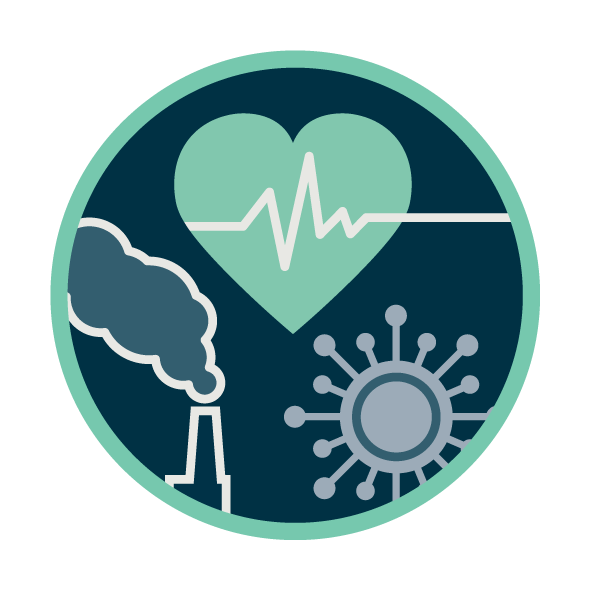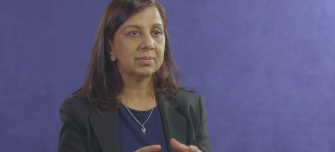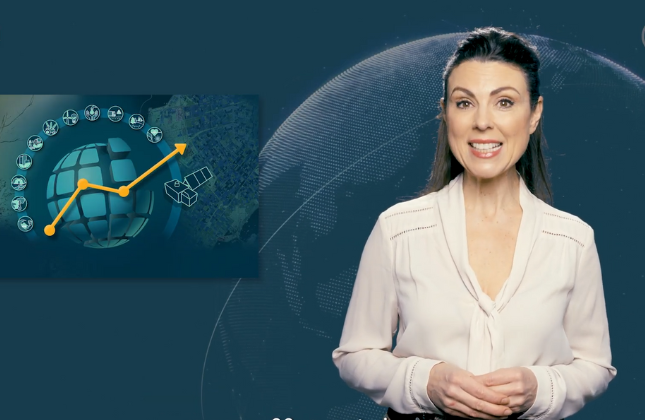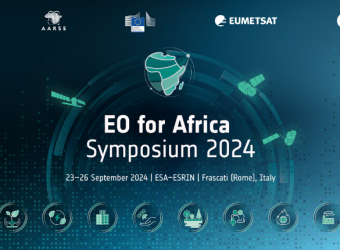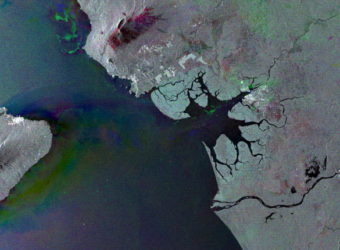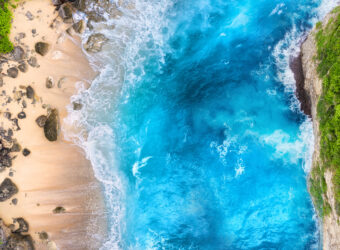The recent European Space Agency-ESTEC workshop on marine litter, held on October 16 and 17, emerged as an important event for the Global Development Assistance activity focused on the thematic sector of Marine Environment & Blue Economy. The primary objective of the event was to confront the enduring challenge of marine pollution, particularly stemming from plastic contaminants.
The workshop, held under the overarching theme of “Today’s Possibilities, Tomorrow’s Innovation: State of the art, challenges, and future directions,” aimed to provide a platform for experts and enthusiasts from various disciplines to share their research and insights, fostering valuable discussions and networking opportunities. The workshop’s format, designed to encourage close and informal interactions between experts, has facilitated the exchange of cutting-edge ideas and expertise. Discussions centred around the most pertinent next steps and directions within the realm of remote sensing and its potential applications, fostering a dialogue that bridges the gap between research capabilities and the needs of stakeholders and policymakers.
The Marine thematic activity of ESA’s GDA delivered a presentation on a study that covered the implementation of a TrackMPD model, a three-dimensional particle-tracking model for the transport of marine plastic debris, to follow the movement of plastic within the West Africa Coastal Region. A project that is in line with the partners of GDA, including the World Bank, particularly its WACA-programme (West Africa Coastal Areas Management Programme). ESA’s GDA study concentrated on tracking plastic particles released over a long time series from the estuaries of major rivers in the Liberia region. This effort culminated in the generation of two crucial outputs, namely density maps and beaching maps, providing valuable insights into the distribution and accumulation of plastic particles within the coastal area spanning Liberia and the Gulf of Guinea. Simulations conducted at a daily scale throughout 2021 underscored the pervasive and challenging nature of the plastic pollution, shedding light on the need for concerted transboundary efforts to combat this global threat. The project underscored the gravity of the plastic discharge from Liberia’s rivers, emphasising the far-reaching impact beyond the immediate source location. This work will not only inform the activities and investments implemented under the WACA-programme but also potentially link to the capacity building activities implemented under this same program in order to transfer knowledge related to those technologies to local stakeholders and policymakers.
The workshop served as an instrumental forum for fostering interdisciplinary dialogue and collaboration, with the aim of driving forward innovative solutions in the realm of marine litter management. As we move forward, it is imperative to leverage such projects to inform policy and foster international cooperation in preserving the ecological integrity of our oceans and ensuring the sustainability of blue economy initiatives.
The event thus served as a nexus for forging enduring relationships and collaborations among space agencies, research institutes, academia, industry professionals, and various users, fostering a collective commitment towards tackling this urgent global challenge.



